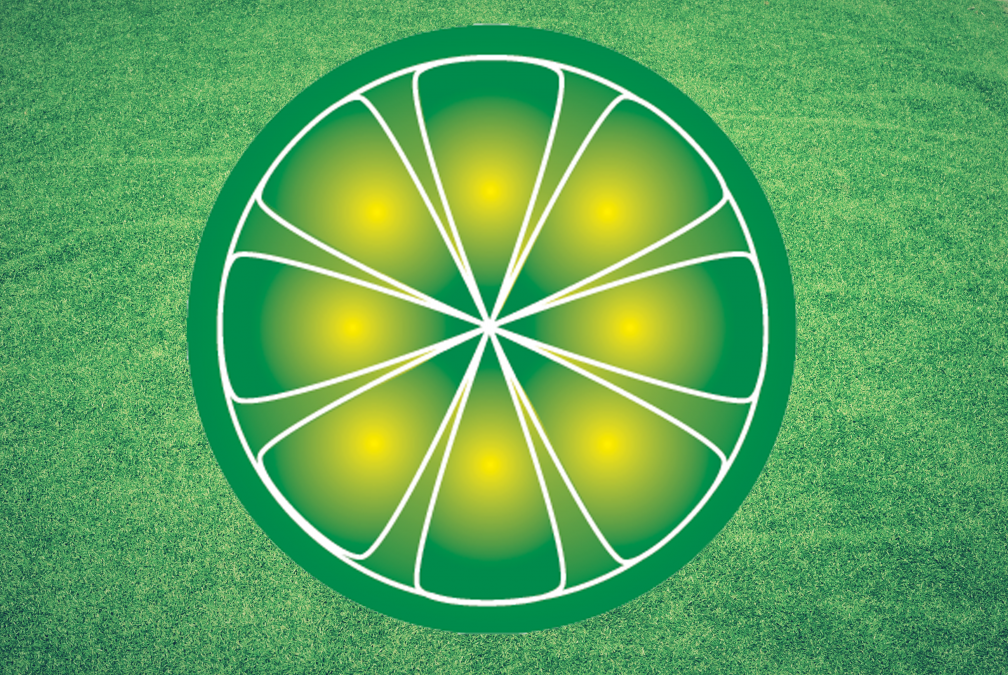
Relive the '90s with this 14oz Nickelodeon Mug featuring classic characters like Rugrats, Hey Arnold, and more! BPA-free, microwave & dishwasher safe—perfect for coffee, pens, or even mug cakes. Officially licensed by Silver Buffalo. A fun gift for any 90s kid!
In the early 2000s, as internet access became faster and more widespread, a quiet digital revolution was brewing in bedrooms, college dorms, and internet cafes. At the center of it was LimeWire, a peer-to-peer file-sharing platform that allowed users to swap music, movies, and other files freely. For many, it was a golden gateway to unlimited music. For the music industry, it was a disaster waiting to happen.This is the story of how LimeWire rose to dominance, changed the way we listened to music, and eventually met its downfall in a courtroom battle that shaped the future of digital media.
The Rise of LimeWire
Founded in 2000 by software developer and entrepreneur Mark Gorton, LimeWire was built on the Gnutella network, enabling users to connect directly to each other’s computers to share files. Unlike Napster, which had already sparked controversy and been taken down by legal action in 2001, LimeWire operated in a more decentralized way—making it harder to shut down and easier to use globally.Its user-friendly interface and massive pool of shared files made it wildly popular. By the mid-2000s, LimeWire boasted over 50 million active users worldwide and was available in dozens of languages. It was free, fast, and—most importantly for users—allowed anyone to download full albums, movies, and software without spending a dime.For an entire generation growing up with CD burners and early MP3 players, LimeWire became the go-to platform to build massive music libraries. Whether you were searching for the latest Top 40 hit or a rare indie bootleg, chances were you could find it on LimeWire.—
The Legal Crackdown.
Relive the '90s with this 14oz Nickelodeon Mug featuring classic characters like Rugrats, Hey Arnold, and more! BPA-free, microwave & dishwasher safe—perfect for coffee, pens, or even mug cakes. Officially licensed by Silver Buffalo. A fun gift for any 90s kid!
But while users celebrated, the music industry seethed.
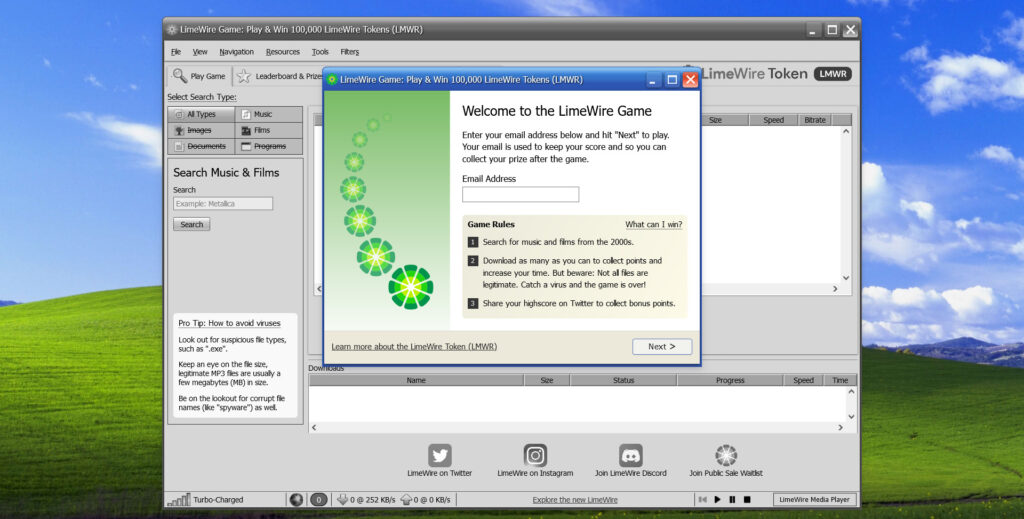
The Recording Industry Association of America (RIAA) viewed LimeWire as a piracy machine. Artists and record labels claimed they were losing millions in sales due to unauthorized downloads. In 2006, the RIAA filed a massive lawsuit against LimeWire, accusing it of encouraging copyright infringement on a grand scale.Despite attempts by LimeWire to add content filters and promote legal music sharing, the courts weren’t convinced. In May 2010, a federal judge ruled that LimeWire had indeed committed copyright infringement and had “intentionally encouraged” it.Just a few months later, in October 2010, LimeWire was officially shut down by court order. The company later agreed to a $105 million settlement with the major record labels, a staggering but symbolic conclusion to years of legal battles.
The Aftermath and Impact. LimeWire’s shutdown signaled the end of an era for digital piracy.
but also the beginning of a new one for the music industry. In many ways, LimeWire’s rise revealed a massive demand for instant, on-demand music that traditional models couldn’t meet. Its fall forced the industry to adapt.
Shortly after, legal streaming services like Spotify, Apple Music, and Pandora began to rise. These platforms took the accessibility and convenience pioneered by LimeWire and applied it to legal, artist-supported models. The concept of owning music was gradually replaced by access-based streaming, changing the landscape forever.
Relive the '90s with this 14oz Nickelodeon Mug featuring classic characters like Rugrats, Hey Arnold, and more! BPA-free, microwave & dishwasher safe—perfect for coffee, pens, or even mug cakes. Officially licensed by Silver Buffalo. A fun gift for any 90s kid!
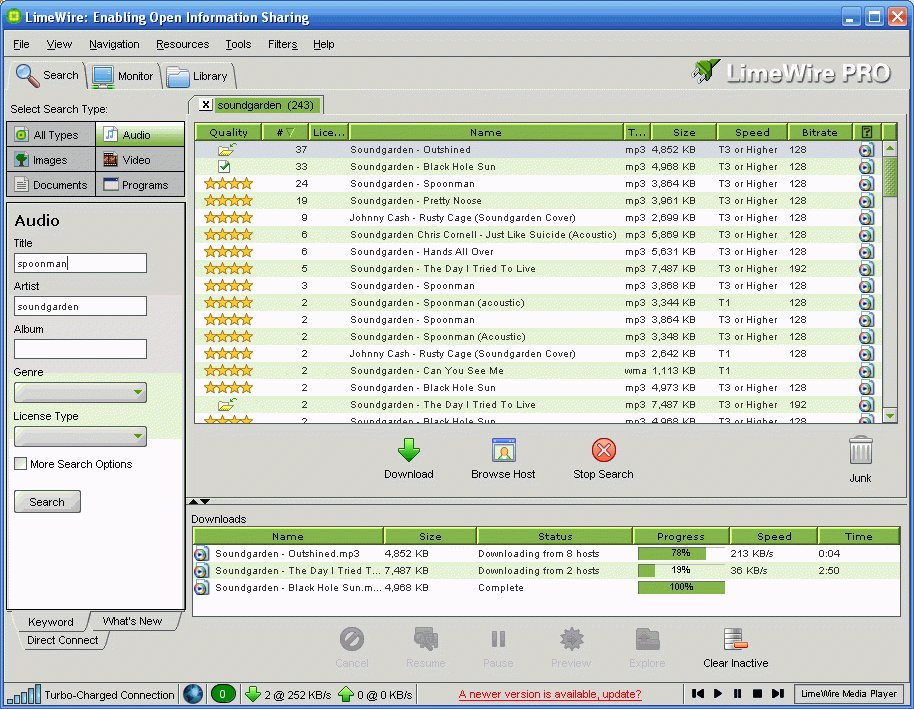
A Complicated Legacy.
LimeWire’s legacy is complicated. On one hand, it empowered music fans and introduced millions to new genres, artists, and albums. On the other, it undermined the financial stability of many musicians and altered the economics of music distribution.Ironically, the brand made an unexpected comeback in 2022, when LimeWire was relaunched as a Web3-based platform focused on NFTs and digital collectibles for artists and fans. While it bears little resemblance to its early-2000s form, the name still resonates deeply with those who remember the thrill of discovering new music with just a few clicks.—
Conclusion.
The rise and fall of LimeWire wasn’t just about piracy—it was about disruption. It highlighted how technology could outpace the systems meant to control it and how the hunger for accessible music would ultimately reshape an entire industry.Though LimeWire’s time in the spotlight was short-lived, its impact echoes in every playlist, stream, and digital download today.
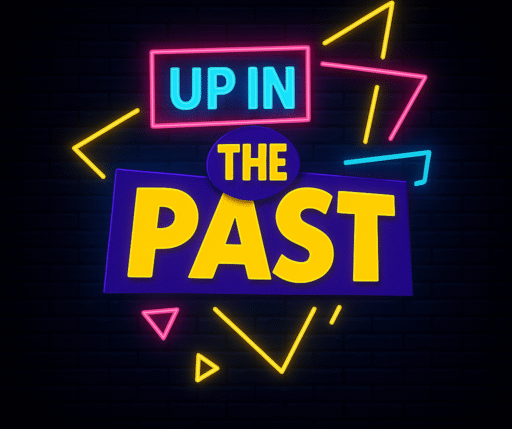
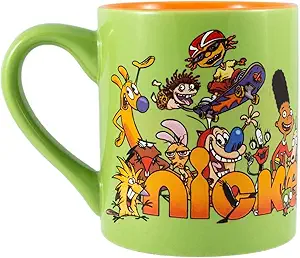
Leave a Reply